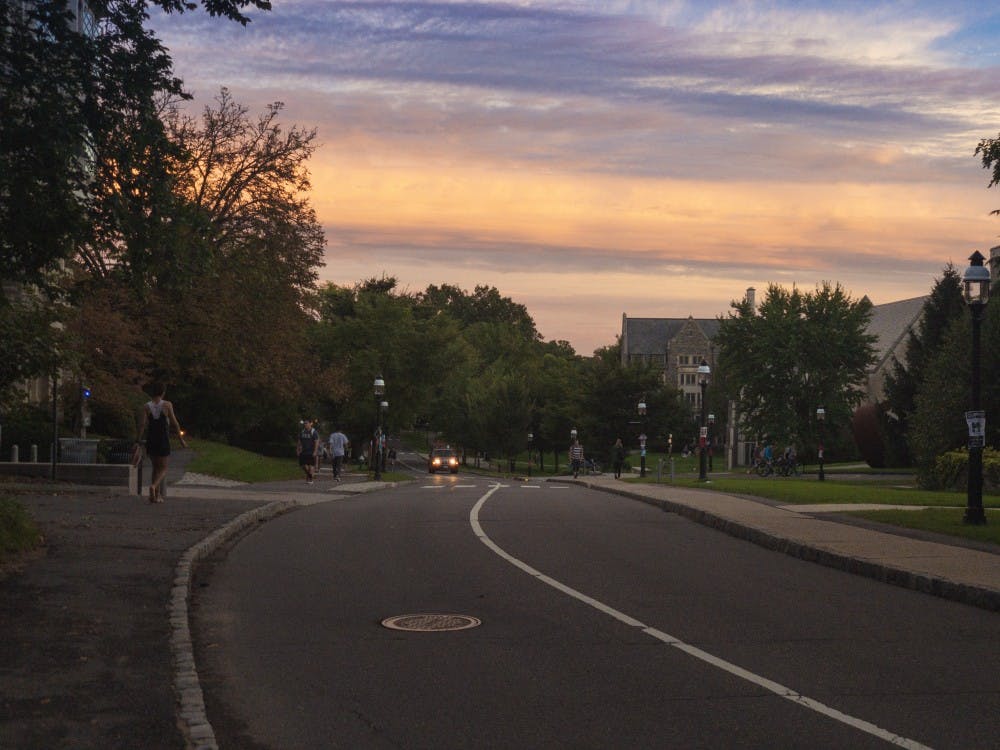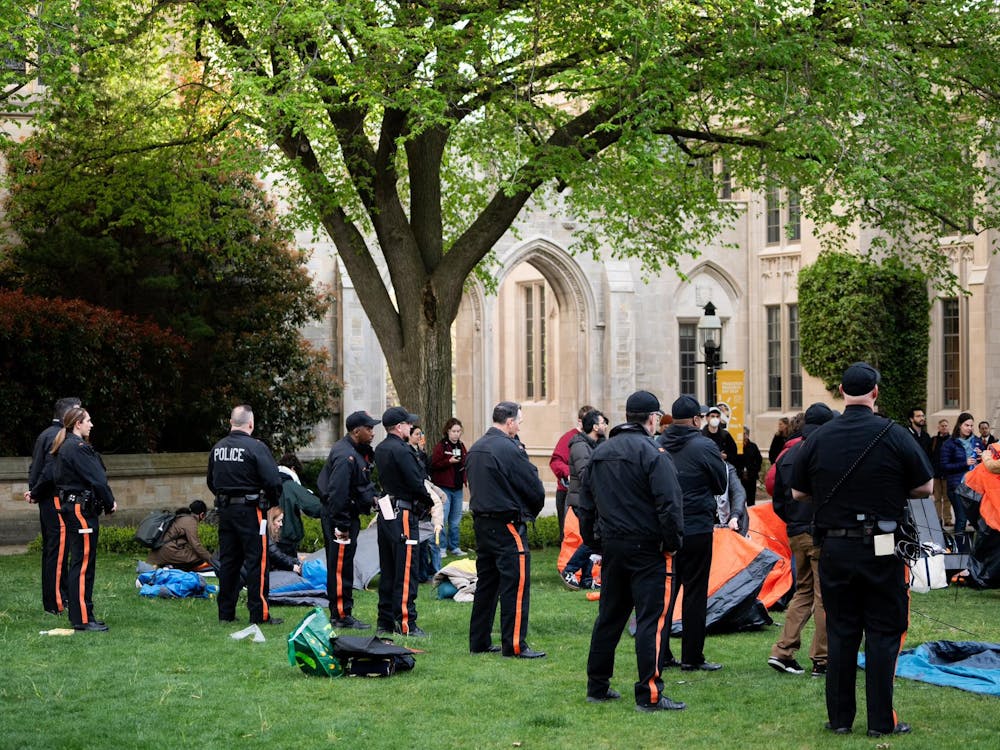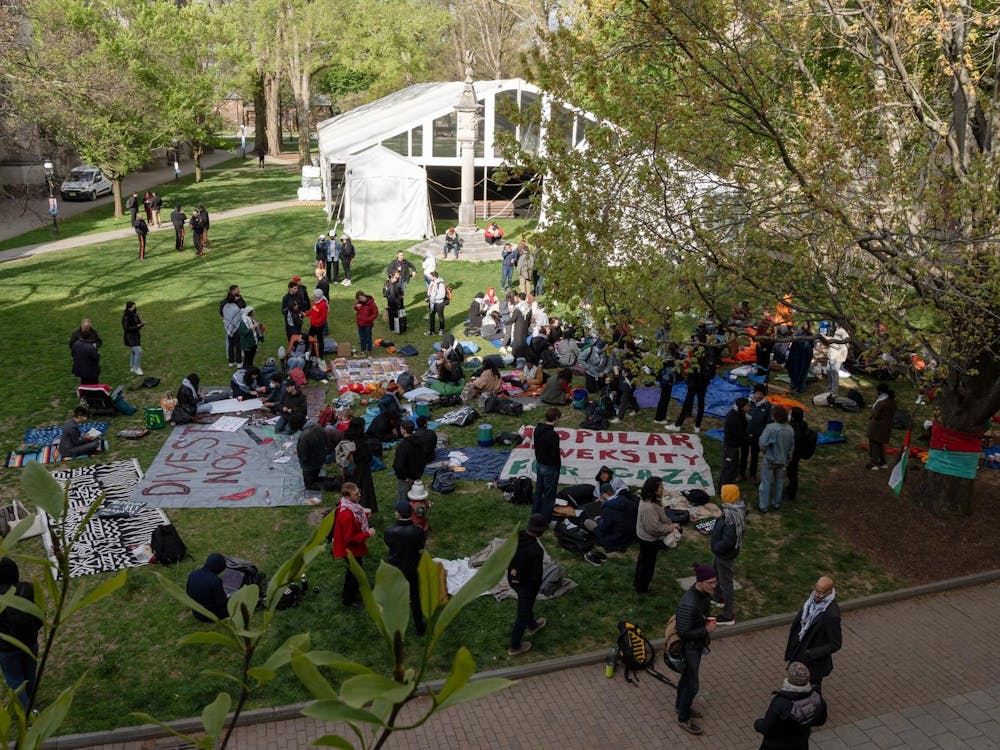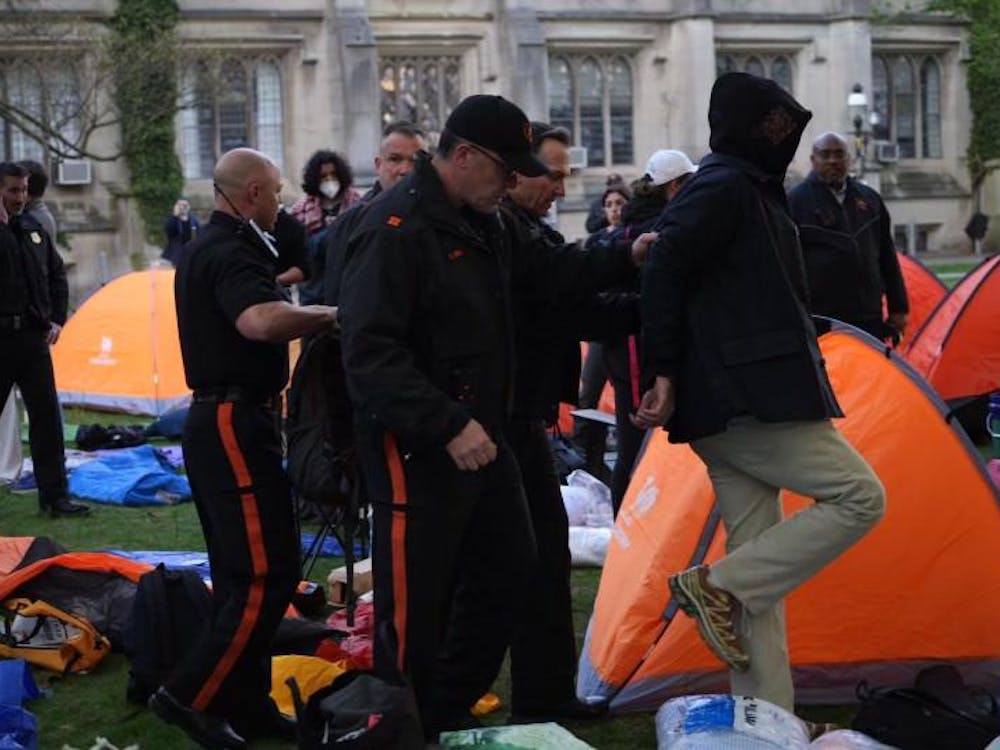Late last night, The Daily Princetonian Editorial Board released an editorial in which it broke with tradition and decided not to endorse any specific candidate in the Undergraduate Student Government presidential election. By citing the relative similarity of the candidates’ platforms and the number of uncontested elections, the Board argues that this year’s USG winter elections are “without consequence.”
While I think the Board raises legitimate concerns about the lack of policy-related discourse publicly available during this election cycle, I cannot fully support the notion that these elections are inconsequential, or lacking in valid policy disagreements. As a USG class senator and the unopposed candidate for USG treasurer, I see important differences not only in the presidential platforms, but also in the prior experiences and motivations that each candidate would bring to office.
First, I would like to respond to the notion that the three candidates’ each running with solid, well-developed platforms makes the election inconsequential. I believe that having three presidential candidates with “beneficial” ideas is rather a strength for the election as a whole. Instead of arguing over website domains and late meal debates, the 2018 candidates have publicized different platforms, each with a completely unique focus. While the major goal of Electra Frelinghuysen ’20 as USG president would be to improve Career Services and the recruiting process, Zarnab Virk ’20 focuses on being a champion for independent students and people of color, and Nate Lambert ’20 offers a platform centered around preventing sexual misconduct, providing free menstrual products, and combating campus isolation. Many of these issues overlap within the three platforms; however, they each clearly define what the candidate’s major goals will be as president, and these goals are the ones most likely to be achieved in office.
That being said, there are also substantive disagreements that the candidates have with one another. For example, one of Virk’s campaign goals is to establish a credit program with Uber or Lyft to give students credits to get free rides to stores and restaurants in the Princeton area — a program similar to one already in place at Johns Hopkins University. On the contrary, at the presidential debate (where I was one of the 15 people present), Lambert disagreed with Virk’s plan, arguing that USG should not partner with a private company, and instead suggested that the Saturday and Sunday Shopper should have extended times and drop-off locations to better support independent students.
On the issue of first-year advising, Lambert and Virk fundamentally disagree. Virk pushes for advisors in the area of study of first-year students, while Lambert argues against this, stating that the administration should “keep advising randomized.”
Another important difference between the candidates is the level of experience that they would bring to office. Understanding the bureaucracy of USG and utilizing opportunities to leverage the administration is the core skill that gives the president influence. Each candidate has a varying level of exposure to USG, and in such a complex organization, experience matters.
Voting in the USG elections is critical because it directly affects the priorities of the incoming administration. For example, this year’s president, Rachel Yee ’19, prioritized mental health initiatives as the top issue for USG and was able to establish Counseling and Psychological Services satellite offices and acquire better mental health resources and training. The president we choose will determine the priority of different issues, broker deals with the administration, and set the tone of the USG senate for the upcoming year. USG needs the student body’s input on what issues should be at the top of the list in meetings with administrators, and we can only get that input when we vote.
While the candidates do overlap on many issues, there is still room to critically interact with their platforms. I believe that the ‘Prince’ Editorial Board is remiss in choosing to not take a stance on these issues, even if they choose not to endorse a candidate. It is still of incredible importance for the student body to vote in this year’s USG presidential election.
Brad Spicher is a junior from Garden City, N.Y., and a photographer for the ‘Prince.’ He is an economics major and sitting class senator on USG. His commentary is his own, and does not constitute an official statement from the USG senate. He can be contacted at bspicher@princeton.edu.










